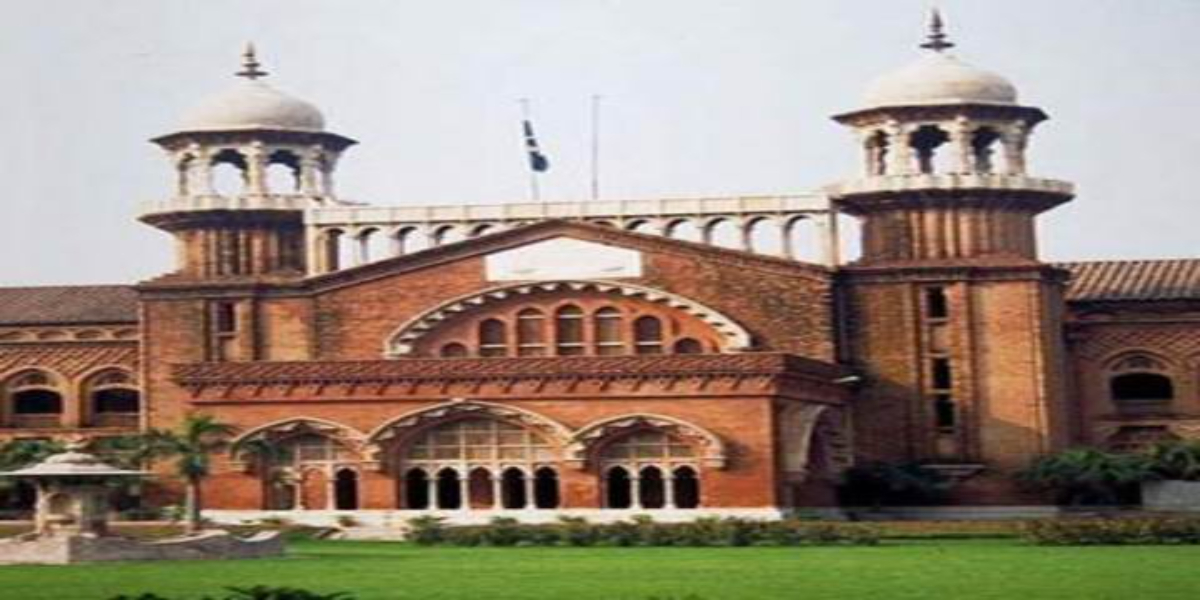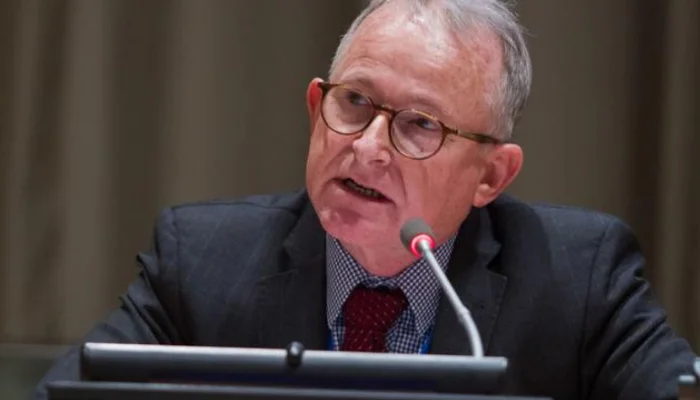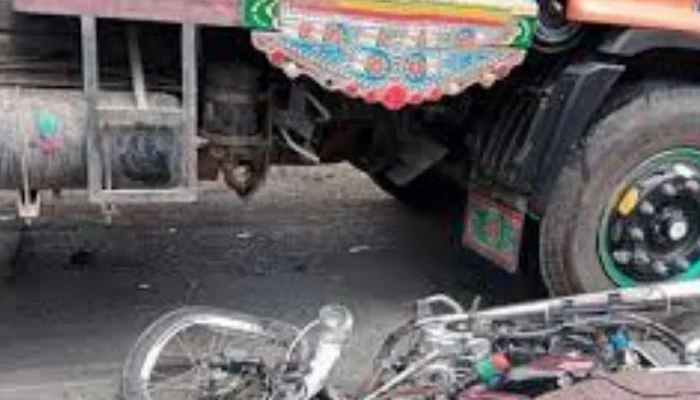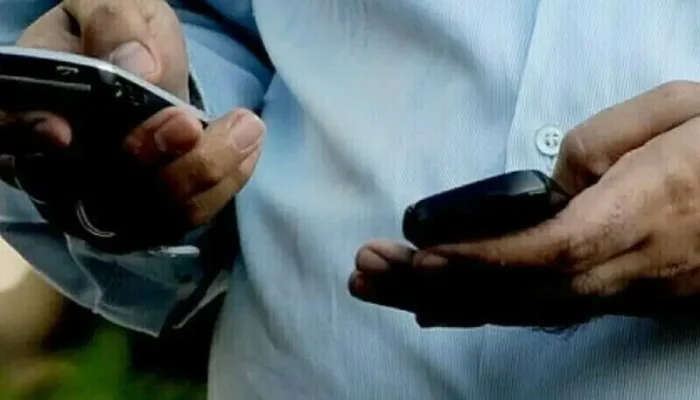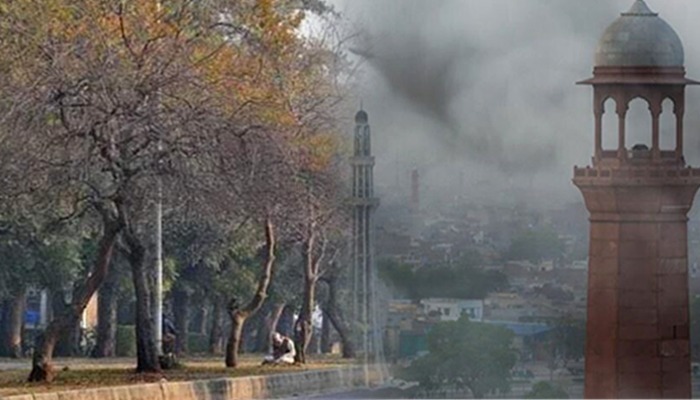LAHORE: The Lahore High Court (LHC) on Wednesday acquitted a drug smuggler after finding faults in the investigation, and ordered departmental and criminal proceedings against the police officers involved in the case.
In its 14- written judgment, a two-member bench, headed by Justice Ali Zia Bajwa, set aside Nadeem Akhtar’s eight-year imprisonment and fine of Rs 70,000.
The court ruled that where there is no accountability, there is no sense of responsibility.
“Accountability is a combination of determination and results. Investigations are the basis of any criminal case, the authorities should not ignore poor investigation,” read the judgment of the court.
The court also directed officials to send the verdict to the inspector general of the Punjab Police and the director general of the Anti-Narcotics Force (ANF).
“Inadequate investigation in drug cases is the basis of impeccable prosecution. Lack of linkage of evidence in drug cases is the main reason for acquittal of accused,” the verdict said.
The court observed that investigations into drug cases and the process of safe delivery of evidence was ignored in the case. Laws regarding protecting evidence abound but enforcing them has become an impossible mission, said the judgment.
Accused in drug trafficking cases are acquitted on technical grounds and due to poor investigation, emphasised the court. It added that even the challans in drug cases have not been properly presented in the courts.
“It is not possible to give sentence to the accused without the effective role of prosecution and investigation agency,” the court ruled.
Issuing guidelines to investigators, the court observed that every police officer should write the time of return before going to raid or patrol on a register.
“An officer above the rank of Head Constable in police stations must register his activities in the daily diary. The case property should be duly sealed and deposited in the relevant store and the same should be registered in Register No. 19,” the verdict further added.
The court said the statements of police officers who recover drugs from culprits, make samples and send them to forensics laboratory should also be recorded.
The officers involved in the entire process of gathering evidence in the cases and obtaining samples and sending them to forensics should also be made witnesses, it was said in the decision. To send drug samples to the forensic laboratory, the road safety certificate from Register No 21 should also be made a part of the case, the judgment read.
The court further pointed out that the police officer who reported the incident should also be made a witness in the case so that the suspicion in the drug case can be removed.
The court said It is the responsibility of the prosecution to perform his duties with complete honesty and without any negligence and should not remove any witnesses from the case.
“Poor investigation and failure to adhere to the principles of collecting evidence is a criminal offense and action should be taken against the responsible [person],” the verdict concluded.

